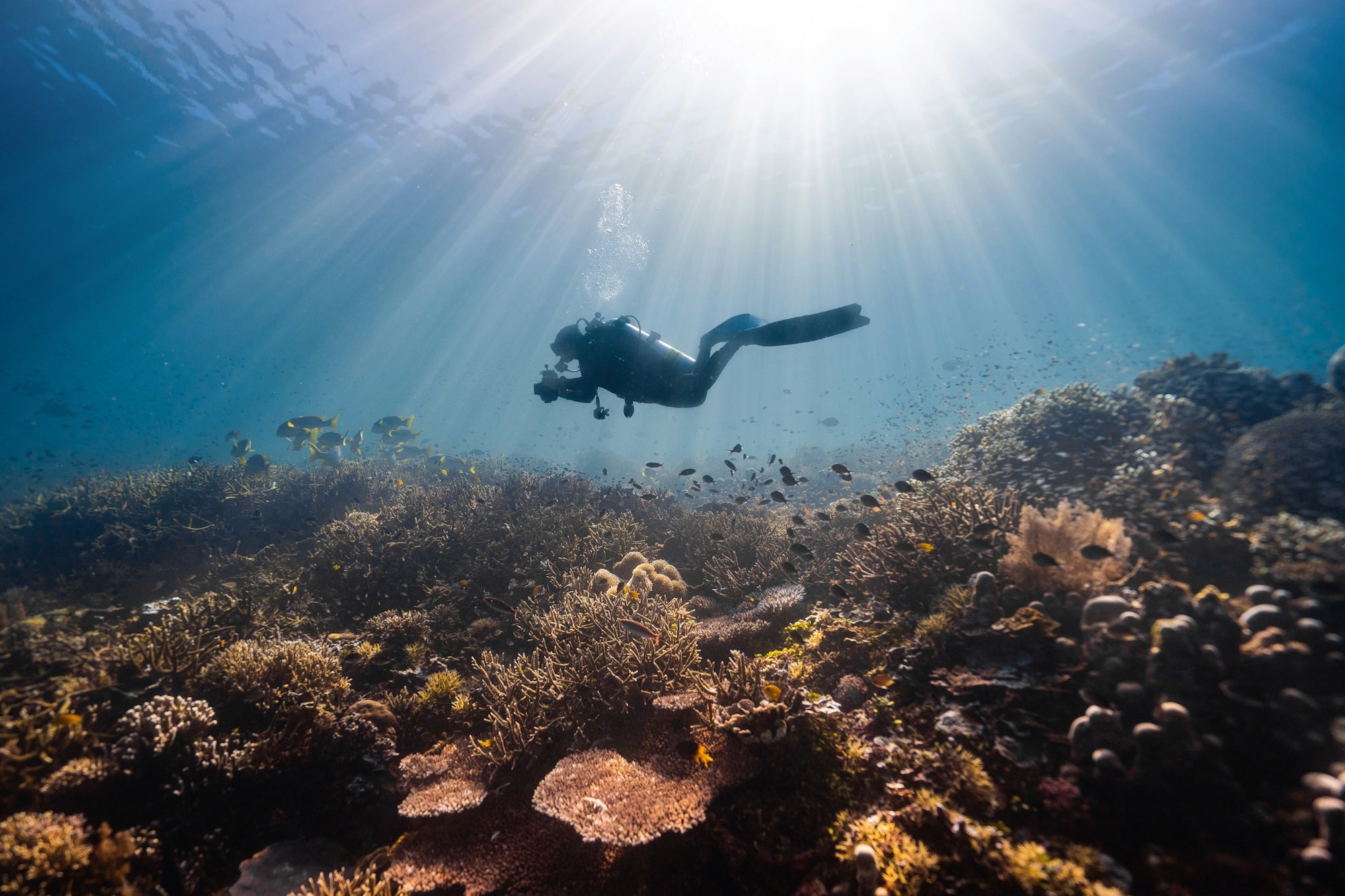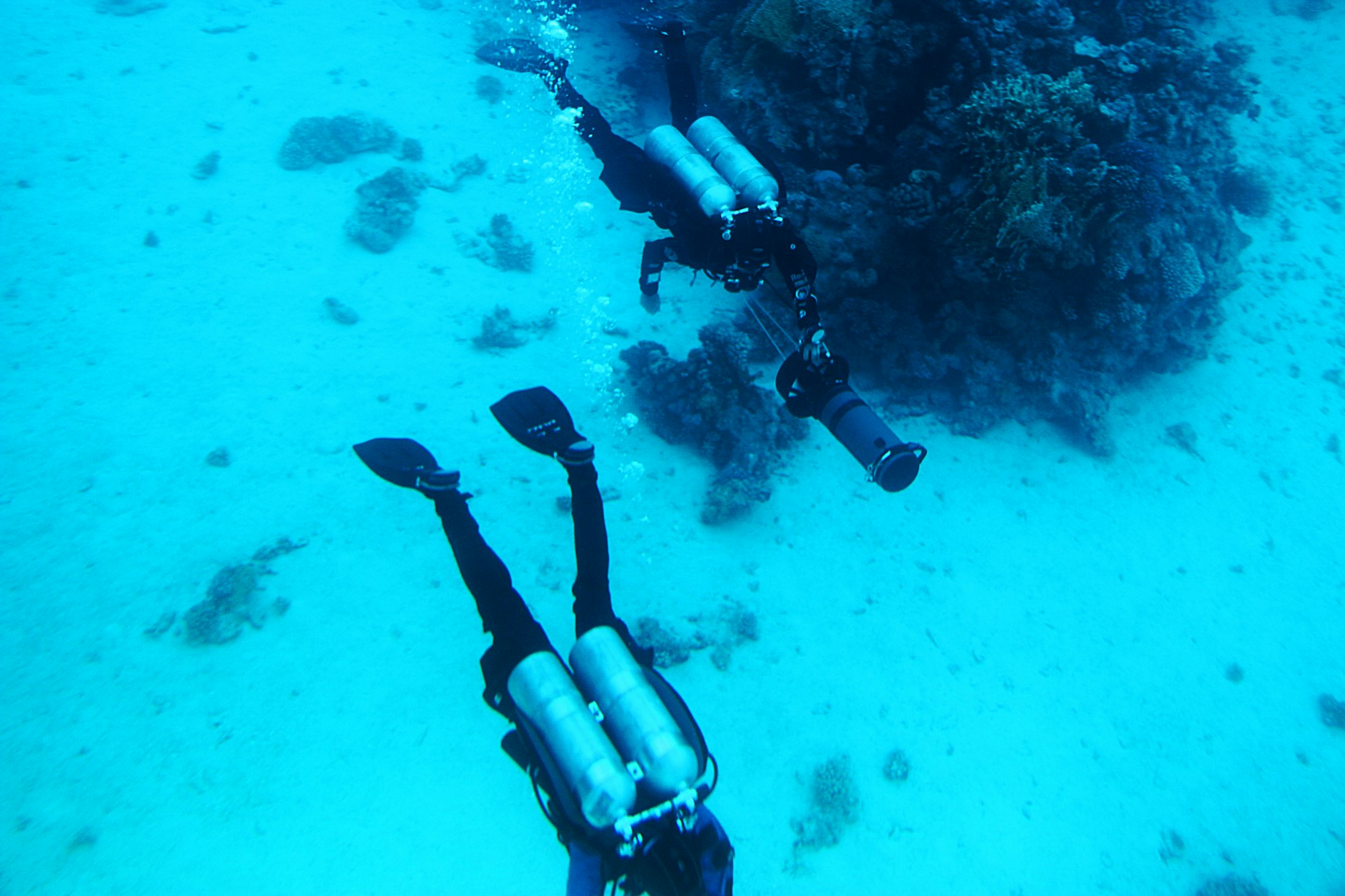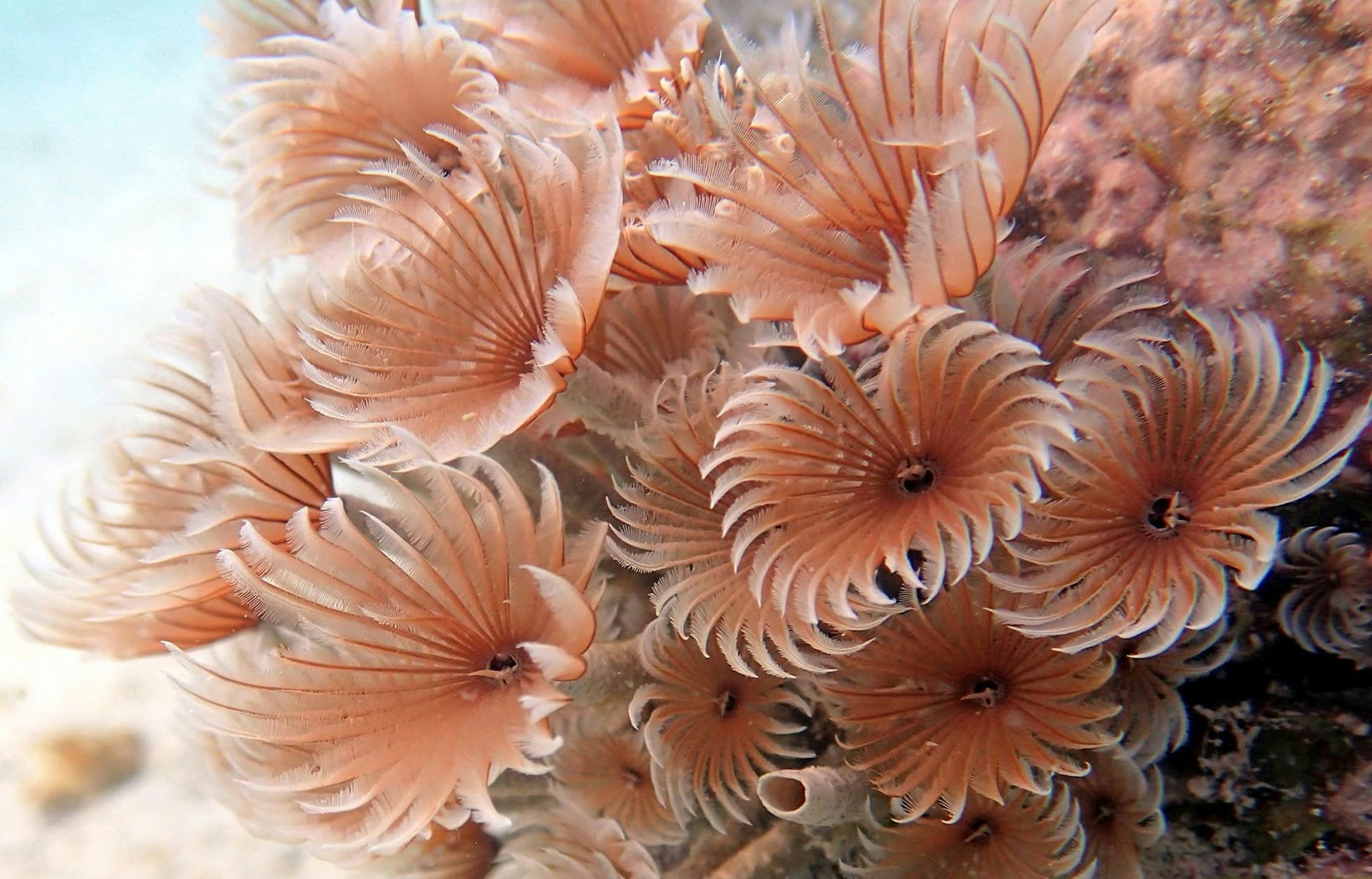Scuba (Self Contained Underwater Breathing Apparatus) diving is an exciting recreational activity that uses compressed air to enable divers to explore underwater environments. SCUBA divers use breathing apparatuses consisting of demand valves, hoses, and tanks in order to remain underwater for extended periods. Divers must undergo training in the safe operation of their equipment as well as how best to interact with marine life while protecting the environment.
Scuba divers require many skills for success in diving, with buoyancy control being at the top of that list. A good diver should be able to float effortlessly yet in control, freeing them up from having to constantly adjust their position in the water in favor of exploring their environment. Air conservation is another crucial skill as movement consumes air faster; streamlining all equipment and accessories will further decrease use, giving new divers more air for exploration! That is why new divers often look like turtles; moving less saves more air!
Divers must pay careful attention to dive time and depth when planning for decompression sickness (DCS). Pulmonary barotrauma, the leading cause of DCS, occurs when bubbles rupture within alveoli of lung during an overly rapid ascent to surface. Risks associated with this can be reduced through proper dive planning as well as careful descent/ascent procedures as well as managing and controlling dive gases.
Causes of DCS can include accidental ascents, too rapid decompression rates and not adhering to your dive plan. Failure to do so usually leads to insufficient decompression time being completed at depth due to errors in calculations or monitoring profiles or improper gas management resulting in DCS symptoms.
Another common cause of DCS is a decrease in ambient pressure, such as may be seen during decompression stops. This can result in decreased blood pressure that, if left uncorrected, may lead to asphyxiation and possibly asphyxiation.
Make sure to ask for help when needed; most scuba professionals will gladly offer assistance and guidance, since diver safety is of utmost importance in any professional diving organization. New divers should never feel embarrassed to seek assistance early in a dive – better to ask now than wait until an emergency emerges that forces an emergency return, potentially ruining it altogether – this could save lives!


